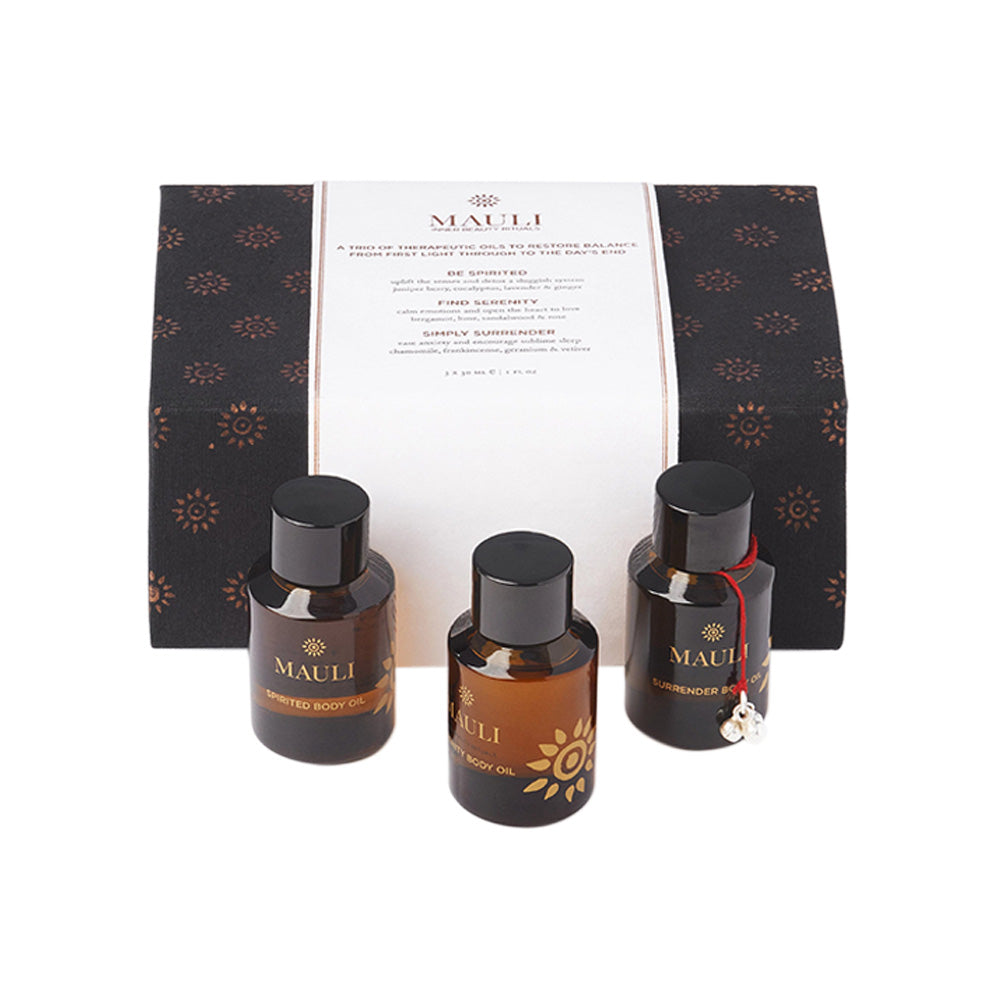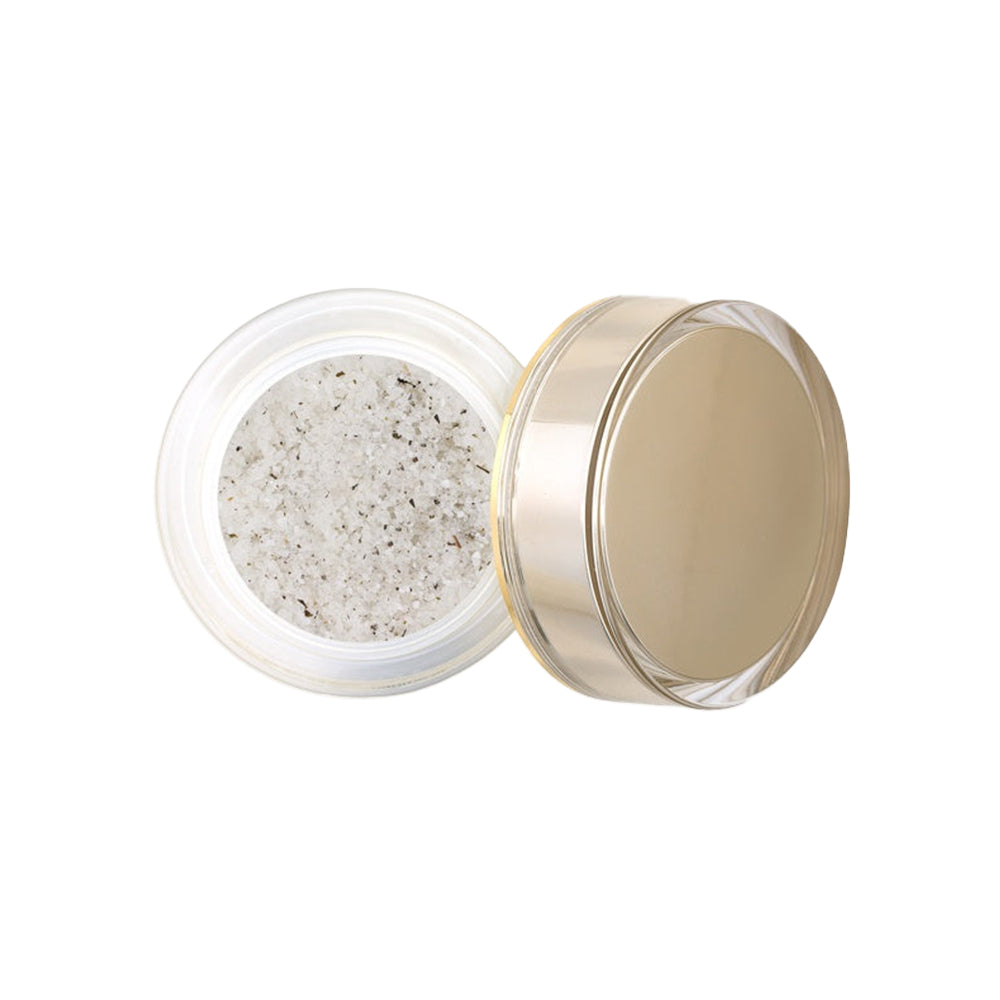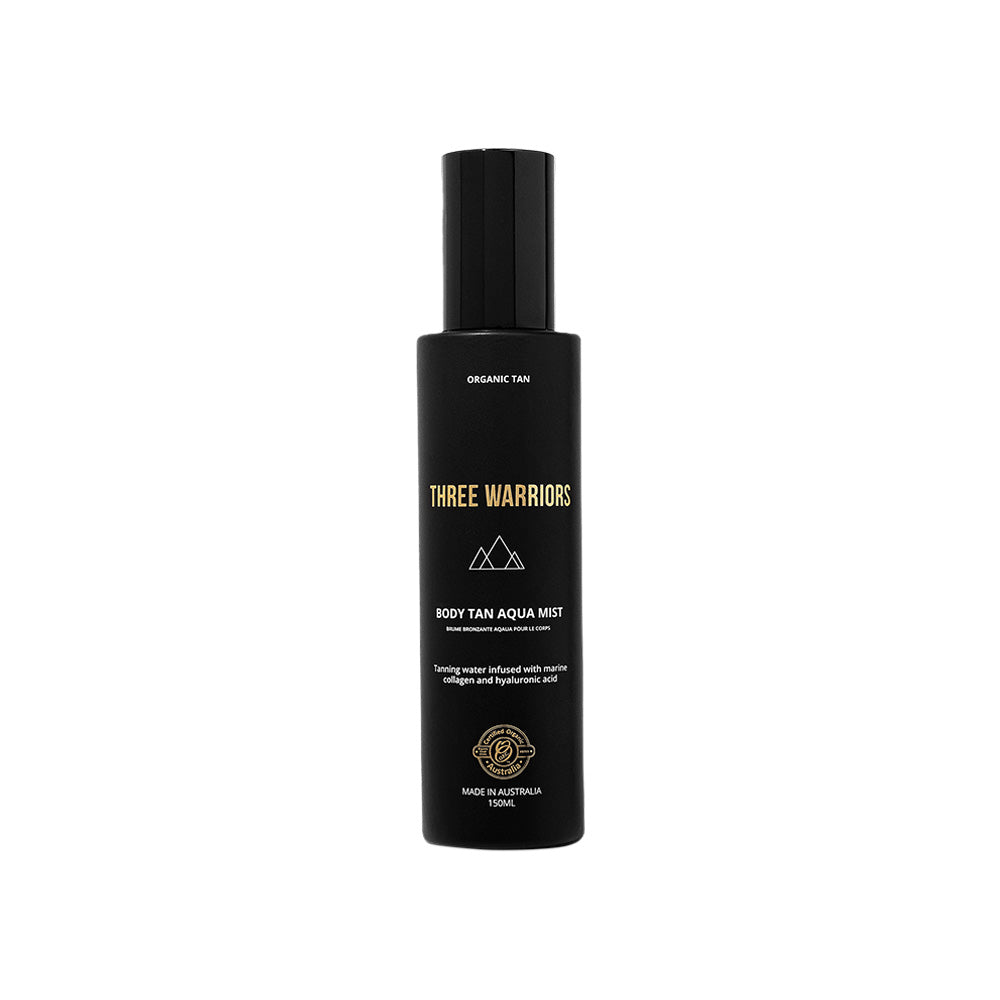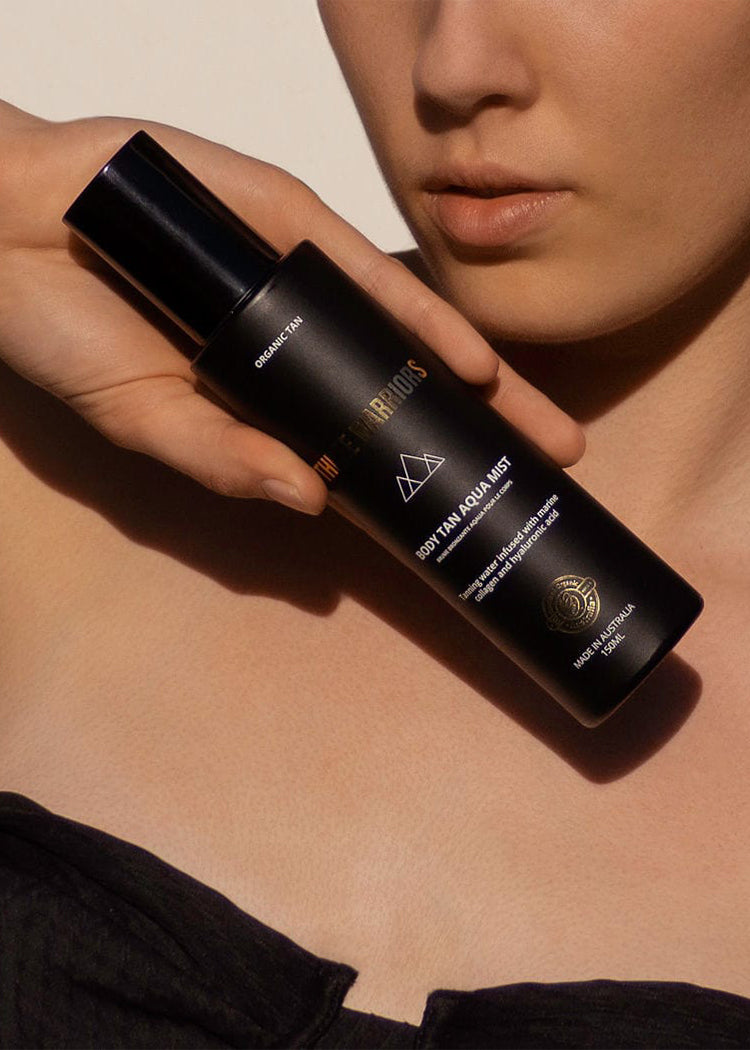Let’s talk circadian rhythms – your 24-hour body clock runs in the background carrying out essential functions and processes. One of the most important and well-known circadian rhythms is the sleep-wake cycles. “Sleep comes naturally in two blocks,” says Dr. Rebecca Robbins, who specialized in sleep and circadian disorders at Harvard Medical School. A short period in the afternoon and a longer one at night – what’s more our body temperature dips between 2-4pm stimulating “another circadian rhythm that increases our urge to sleep in the afternoon”. The change triggers a release of melatonin, which in turn gives you that horrible groggy feeling - almost like your body doesn’t want you to get anything done! Unfortunately, not all of us can squeeze in a 15-minute afternoon power nap to bolster energy levels, so instead we’ve got 5 of the best lifestyle hacks to help banish those afternoon yawns.
BUMP UP YOUR PROTEIN
What we eat directly influences our energy level and the way we feel - the key to keeping your energy levels up is protein! This is because it drives the slow release of carbohydrates in your body, preventing your blood sugar from crashing later in the afternoon, so it won’t leave you feeling lethargic and moody. Add it to every meal, especially your breakfast – they say it’s the most important meal of the day for a reason! You should also drink plenty of water as dehydration is known to cause fatigue and a loss of mental focus, and try to up your intake of Vitamin B, which combats tiredness and fatigue. However, B Vitamins are water-soluble, meaning they’re flushed out much more quickly with diuretics like caffeine or alcohol, so reduce your coffee intake and increase your hydration to get the most benefit from them.
KEEP MOVING & GET SOME FRESH AIR
Our bodies are incredibly perceptive to environmental factors, they often try and match up what’s happening on the outside with how we feel on the inside. With that in mind our bodies associate dark-lit surroundings and long periods of stillness with sleep, so if you’re not moving enough or are spending too much time hunched over your desk, your body will think you’re trying to go to sleep. Sunlight is one of the strongest factors controlling our sleep-wake cycles. Exposure to the sun’s blue light in the morning will kickstart that ‘awake’ phase, and is equally effective in the afternoon when you’re beginning to face that dreaded lull. The sunlight boosts levels of Vitamin D, and reduces your levels of melatonin, a hormone that’s production increases after sundown, making us sleepy and ready for bed. “A bright day can have an altering effect, similar to two shots of espresso - without the jittery side effects”, says Dr. Robbins. So, go for a walk, eat your lunch outside or, at the very least, open your window and let the sunlight in – it only takes 10-15 minutes of natural light exposure to feel invigorated and refreshed!
CONTROL YOUR BREATHING
A recent study published by The Global Brain Health Institute at Trinity revealed breathing techniques can have a profound effect on your energy levels. There is a direct link between respiration and focus, meaning your breathing affects the levels of the noradrenaline hormone within your brain. When we are challenged, focused or emotionally aroused this natural chemical messenger is released. When we are sluggish, we produce too little and when we are stressed, we produce too much. The sweet spot is achieved through daily breathing techniques, that will leave you feeling energized and focused. Emma Seppälä, author of The Happiness Track and a science director at Stanford University says the trick is to “slow down your exhale to slow down your heart rate. Breathe in for four counts and out for eight, whilst lengthening your exhale as much as you can”. By doing so for 5-10 minutes, you’ll be able to notice the effects immediately.
CHOOSE YOUR SCENT
Feeling energized isn’t as simple as a good night’s sleep, it’s about your state of mind. According to Eric Zielinski DC, author of The Essential Oils Diet “mood is a big piece of energy”, and essentially fatigue can often stem from a mood imbalance. Boosting your mood through aromatherapy can have remarkable effects as they interact with our limbic system which controls our tiredness levels.
Sara Panton, co-founder of Vitruvi states when it comes to essential oils for energy, there are a couple of different scent families you can focus on: "Citrus essential oils have a beautiful effect on our energy levels by stimulating the area of the brain that promotes happiness and encouraging an uplifting feeling. Herbal scents like peppermint and eucalyptus for an energy boost, because they help promote deep breathing, which in turn oxygenates the brain and paves the way for an increase in alertness". The next time you’re feeling that dreaded slump, try inhaling your signature scent straight from the bottle (one or two sniffs should do the trick), you can also add a few drops to an electric diffuser or apply a fragrance rollerball to your pulse points to really amp up your energy levels!
BOOST YOUR BRAINWAVES
Music resonates with us on a base level, more than just making us feel good, it can help us dig in and focus, get creative or even zone out and stay productive during the most mundane of tasks. A recent study published in Neuroscience Research revealed that you can stimulate certain types of brainwaves with sounds. For simple tasks, you should listen to songs you know well, but if concentrating and learning something new, instrumentals are advised. If you’re looking for some inspiration, apps such as Mindicine, use soothing sounds in short, five-minute blocks to target beta brainwaves, linked to critical reasoning and alertness. Both Calm and Brain.fm offer specifically designed music tracks to help you concentrate and help increase productivity. And, if all else fails, we all have that one motivational track that kicks us into gear and makes us feel invincible, so why not blast that next time you need to power through!






















